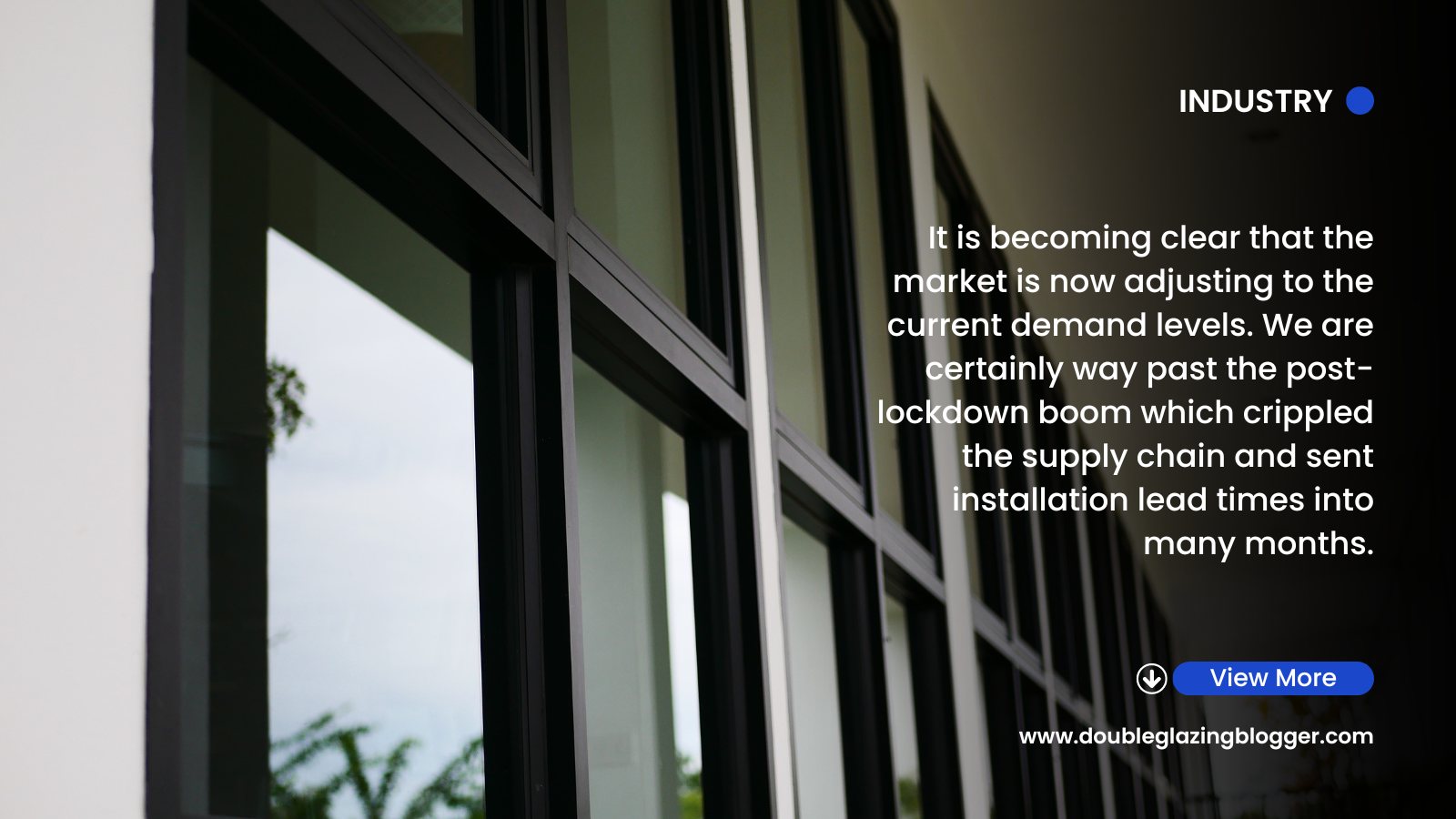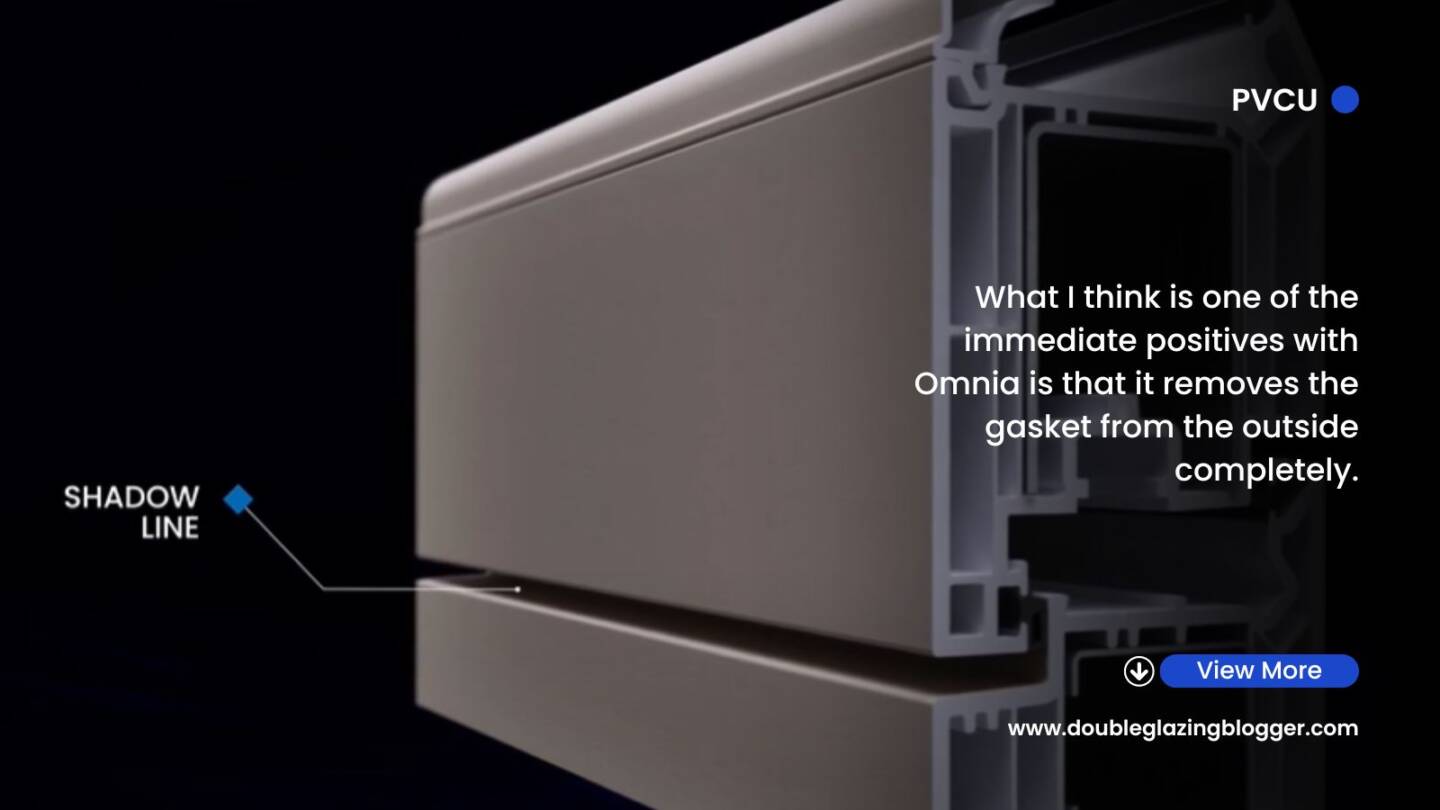Aluminium bi-folds and composite doors in days. Windows in a couple of weeks. Its not too long ago that it took weeks to get a composite door delivered, and even longer than that for bi-folding doors. As with many things, lead times on manufactured products get shorter as more advanced production processes take shape.
That is however until a pandemic and resulting economic fallout come and spoil the party. Now, short lead times are a forgotten luxury in various parts of our sector as we continue to work through a backlog of work caused by lockdown, high demand from homeowners spending money that was previously allocated for other items, and businesses that are keeping a certain amount of staff on furlough.
The outlook doesn’t look like its going to change any time soon, so its probably time that we all accepted that longer lead times are here to stay.
Super-short is unnecessary
Ask most installers and they’ll tell you how busy they are. Those commenting on social media that I have seen are saying they have at least 6 weeks, many have more than that. We’re now looking ay December installations. So, if we’re all this busy, do we need a composite door inside five days? The answer should be no. If we’re all that busy and have that much work already planned ahead, then there is no reason to have such short lead times in this current climate.
I appreciate that as an industry we have become used to getting what we install quicker than we did even just a few years ago. But I have often questioned the absolute necessity to have products that are going to be guaranteed for a decade or more made and delivered in less than a working week. If you want a sofa its 12 weeks. A kitchen its weeks. Cars can be weeks too.
Right now the high levels of demand are pushing manufacturers when it comes to what they can produce and how quickly they can deliver it. Some are warning that lead times will be elevated for longer as demand continues to put pressure on their processes, with some manufacturers still using the furlough scheme to ride out this particular phase of the crisis.
Once this is fully behind us and business levels begin to settle at a more sustainable level, I’m not convinced that we need to be going back to such short lead times. We’re operating now on longer lead times and whether we like it or not it is working. I think if fabricators are given more time and less pressure to do their jobs we might see the quality rise and remedial work reduce. I would rather wait a bit longer and have what we have ordered delivered right rather than have it sent to us quickly but it arrive with numerous problems to have to put right. Even if things do go quiet in the weeks to come, installers generally have 4-6 weeks worth of work ahead at any one time depending on the type of business. I think most fabricators can accommodate a timescale of that range.
The odd exception
Using our installations business as an example, I can think of only a handful of times we have needed our suppliers to rush through products to us, and its almost always been in an emergency. It could be missing or damaged products, something we might have left off an order or an additional order placed by the homeowner that they have wanted to tag on to the initial installation. It’s very few and far between and I can count on my hands the number of times we have leant on our suppliers for a super-quick turnaround.
As helpful as it was to be able to get a quick turnaround on those items, it’s not enough to justify having super-short lead times at all times. Ideally, installers don’t want to be waiting until the absolute limit of when they need to place an order to get it delivered in time for a proposed installation date. It puts immense pressure on fabricators who have to rush it through production, get the paperwork sorted and get it delivered, all whilst hoping there are no mistakes or QC problems as there is no time allowed to put them right.
Installers need to be giving their suppliers plenty of time when it comes to orders. Place orders well ahead of time so fabricators can plan their schedules in advance. Don’t sit on orders until the last minute and then put all the pressure on your supplier to get it to you on time and in perfect condition. We always send our orders in weeks in advance, specifying a delivery date weeks beyond whatever the production lead time is at the time.
I think the industry needs to take a bit of a breather and a moment to take a step back and appreciate the landscape. There is plenty of work. Installers are busy. Fabricators are busy. Work is being booked well in advance. We don’t need to put a rod up our backs and commit to super-short lead times when we simply don’t need to. Let’s focus more on getting the quality of what we do right. Make sure deliveries are made on time and in full. Cut out some of the remedial work from rushed products.
Do I think we should go back to super-short lead times when this all settles down? No. It’s not necessary. Do I think suppliers should remain open to getting products to installers quickly when they are in a bind? Yes. Sometimes favours are required in an emergency and. But let’s make our lives a little bit easier and accept that lead times are going to be longer.
To get weekly updates from DGB sent to your inbox, enter your email address in the space below to subscribe:
By subscribing you agree to DGB sending you weekly email updates with all published content on this website, as well as any major updates to the services being run on DGB. Your data is never passed on to third parties or used by external advertising companies. Your data is protected and stored on secure servers run by Fivenines UK Ltd.








I disagree that we need to accept longer lead times. Manufacturers are exploiting the furlough scheme at the expense of delivery and quality.
In some instances they are hedging their bets on what the economy is going to do.
They would be far better invested in providing a level of service that doesn’t see customers continually having to move installation dates.
There is a massive opportunity right now and many manufacturers are negatively impacting installers with unacceptably poor service.
I agree that yes it would be much better to have quality products delivered on time and complete and in a good condition to fit. However with most larger manufacturers making windows under the just in time regime it is not us that need to give more time but the manufacturers giving their factories more time to produce the windows. our biggest problem has always been due to factories manufacturing today what they deliver tomorrow rather than what they will be delivering next week and that I’m afraid is where the problem lies ! if they allowed their staff more… Read more »